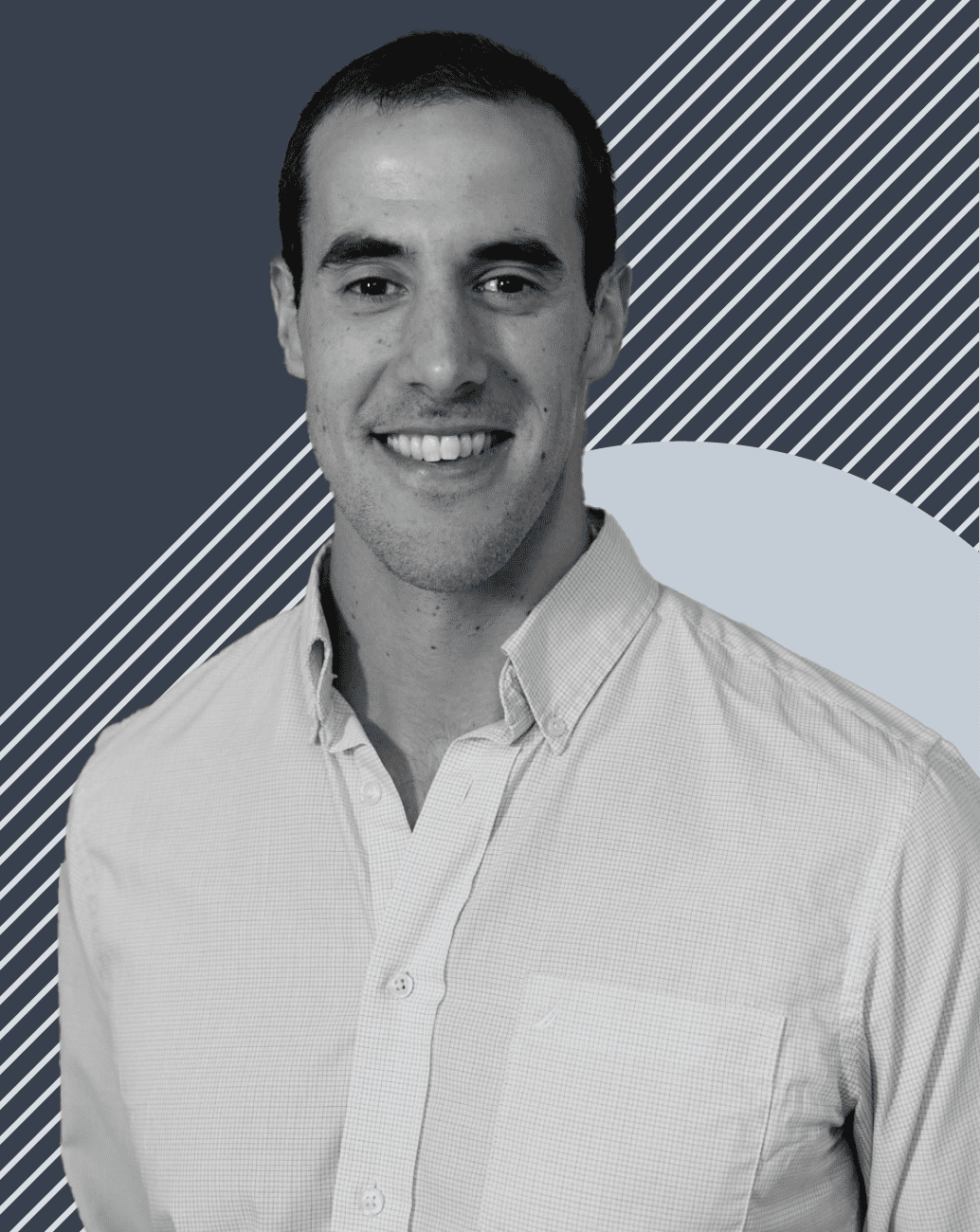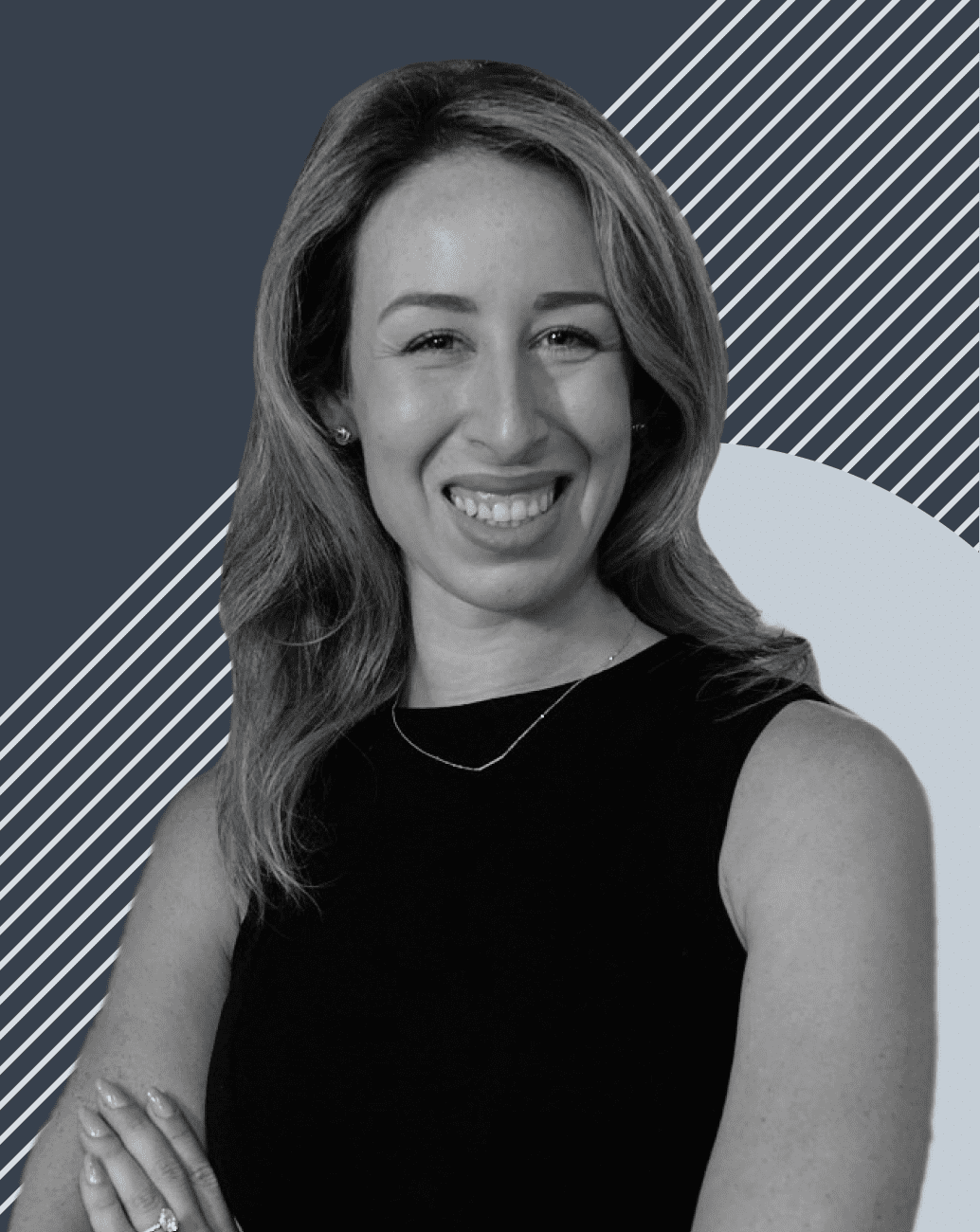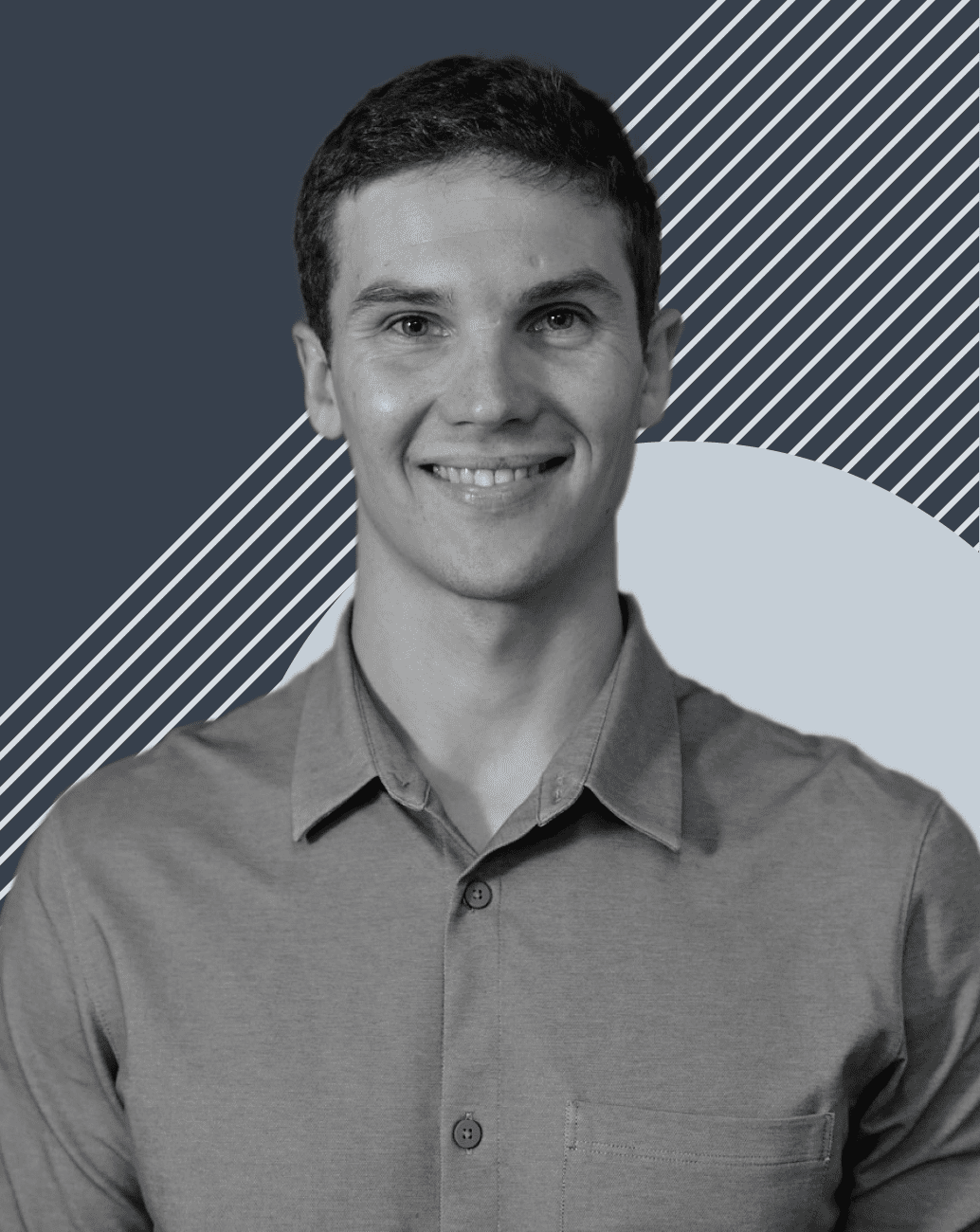Sean Robertson
Sean joins Breakthrough Energy’s Innovator Fellows program from Mantel Capture, Inc. in Boston, Massachusetts. As a chemist turned nuclear engineer turned materials scientist, he has always been driven by a curiosity for technology and ideas that have enormous potential in the energy sector. For the last seven years, Sean has focused on molten salt material science and chemistry. At Mantel, Sean and his colleagues are working to revolutionize carbon capture and storage with moltenborates, a patented new material that has the potential tosubstantially reduce costs and energy losses relative to incumbent technologies.
Mantel’s patented solution is designed to operate at the high temperatures found inside boilers, burners, kilns, and furnaces. The approach captures carbon dioxide at high temperatures, increasing efficiency by recovering heatin the carbon capture process. Once scaled, this process can be used in any high temperature industrial process—such as cement and steel production—to help hard-to-abate sectors achieve net-zero emissions. Through the program, he hopes to advance Mantel’s technology to a stage where they are ready to scale commercially.
Sean is originally from Canada and holds a Doctor of Philosophy in Nuclear Science and Engineering from the Massachusetts Institute of Technology, a Master of Science in Nuclear Reactor Physics and Engineering from the Université Paris-Saclay, and a Bachelor of Science in Chemistry from Mount Allison University. Over the course of hiseducation and career, Sean hasworked on a broad array of projects spanning new methods for solar cell material synthesis to optimizing the fuel efficiency inside a nuclear reactor. His work and research have always been linked by an ambition to overcome design and optimization challenges in the energy industry.
Q&A
Who has had the greatest impact on your career path?
I can’t pick one. My parents for instilling scientific curiosity and a drive to always keep learning, my undergraduate supervisor, Khashayar Ghandi, who gave me the confidence to tackle any problem or question, and my Doctorate supervisor Mike Short for taking a chance on me.
What’s the best piece of advice you’ve ever been given?
Time is the only thing you can’t buy or buy back.
What beliefs drive you?
That doing difficult things makes the rest of life easier.


